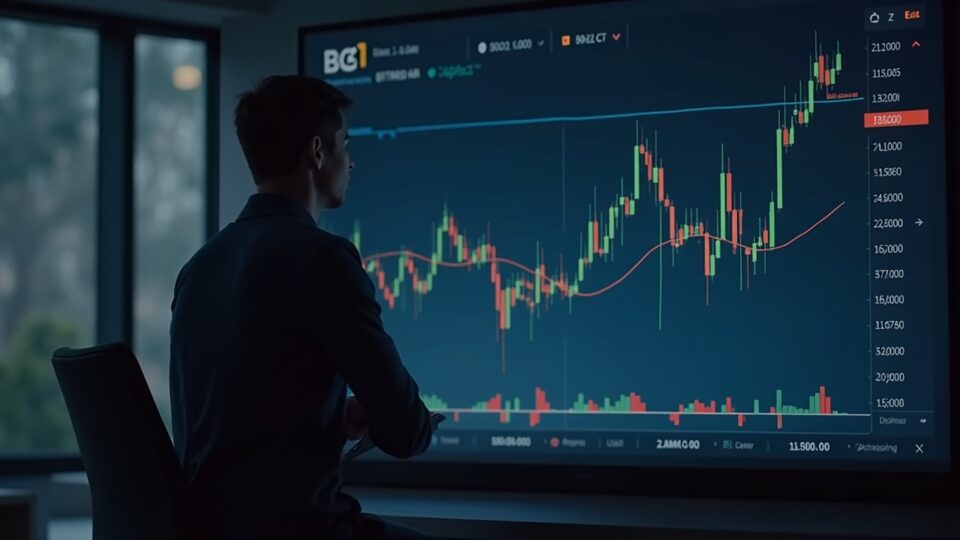While major players rush to launch Solana (SOL) ETFs, BlackRock is notably absent – focusing instead on Bitcoin and Ethereum. Is this a strategic retreat or a misstep?
In recent weeks, the race to launch Solana spot ETFs has heated up significantly. Several asset managers, including Fidelity, Bitwise, Grayscale, and VanEck, are moving fast to get their products approved and listed. But one name stands out by not joining the fray: BlackRock.
BlackRock has made it clear that it’s choosing to concentrate on its existing Bitcoin (BTC) and Ethereum (ETH) ETF products rather than expanding into altcoins like Solana. According to BlackRock executives, Solana currently doesn’t meet the firm’s thresholds in terms of maturity, liquidity, or market capitalization.
This cautious approach reflects BlackRock’s playbook: prioritize scale and stability over chasing every emerging crypto trend.
In contrast, Fidelity is making a strong move: its Solana ETF (ticker FSOL) is set to launch on November 19, 2025, with a management fee of just 0.25%.
Background on the Solana ETF frenzy
As one of the largest traditional asset managers, Fidelity’s entrance underscores the growing legitimacy of Solana-based financial products. This could mark a turning point for altcoin ETFs, especially if more large firms follow Fidelity’s lead. A key trend among ETF applicants is the inclusion of staking mechanisms. Seven major firms, such as Fidelity and Grayscale, have updated their SEC filings to explicitly mention staking for Solana.
Staking allows the fund to lock up SOL tokens and potentially earn rewards, which can be attractive to long-term, yield-seeking investors. However, staking also introduces regulatory complexity: the SEC has questioned whether staking-based treasuries should be treated as securities.
BlackRock’s decision not to participate aggressively could be driven by several factors. First, its leadership has expressed doubts about demand for altcoin ETFs beyond BTC and ETH. Second, from a risk perspective, Solana may still seem too nascent or volatile compared to Bitcoin and Ethereum, according to BlackRock’s internal criteria.
Third, BlackRock might be waiting to see how the first wave of Solana ETFs perform before making a move.
Some analysts suggest BlackRock’s restraint is strategic: by letting other firms break ground, BlackRock can learn from their launches and potentially jump in later with a more refined product. On the other hand, critics argue that BlackRock is missing out on a booming altcoin ETF market – especially now that staking is gaining traction.
If Solana ETFs take off, BlackRock’s absence could cost it market share. But if the wave fizzles, the firm might emerge unscathed.
The Solana ETF space is now crowded and fast-moving. With Fidelity’s FSOL launching soon and staking featured in multiple ETF structures, the next few months will be critical.
Whether BlackRock eventually enters the race remains uncertain. But for now, its decision to sit on the sidelines is drawing intense scrutiny – and speculation.

